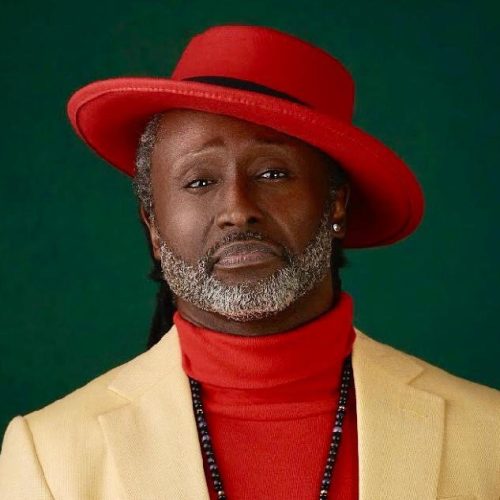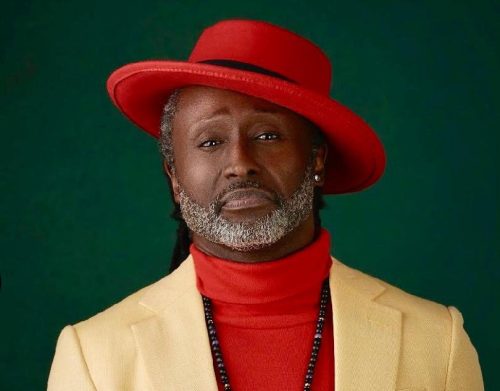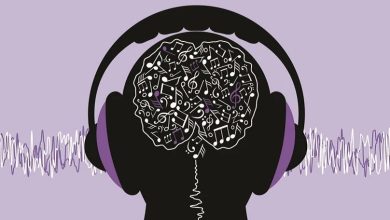Music as medicine: Know about it


Even if many things are forgotten in dementia patients, they can usually still remember pieces of music from their youth. Music therapists use this specifically to lead patients out of their isolation.
There is now hardly an area in medical medicine in which music is not used to achieve health-promoting effects: in pain therapy, tinnitus, stroke, depression, Parkinson’s disease, and dementia, music therapists try to use their knowledge to help the sick.
Cheerful pieces of music reduce the concentration of the stress hormone cortisol in the blood of patients. They, therefore, require fewer anesthetics during an operation.
A study shows Pain sensations and feelings of anxiety after an operation were lower on average if patients listened to music before, during, or after. British researchers had evaluated 72 specialist articles on the subject – a total of data from more than 7,000 test persons were included.
Music can support a patient’s healing process
After a stroke, people use music to try to coordinate their movements again. Specially edited music can help tinnitus sufferers get rid of the annoying ringing in their ears. For people with Alzheimer’s or other forms of dementia, singing together can calm aggression, and favorite music can bring back faded memories.
How does music therapy work?
In early neurological rehabilitation, patients with acquired brain damage are treated. It’s about people whose lives are severely affected by traffic accidents, strokes, and brain tumors, who have also lost their ability to communicate and are dependent on care.
Music therapy for the little ones
The aim of music therapy is always to reach people emotionally with sounds. Be it, patients, with whom no verbal dialogue is possible. Be it to enable relaxation and arouse positive feelings. The sounds can also be healing in child and adolescent psychotherapy. Because here the therapist is dealing with young people who suffer from autism, anxiety, depression, or eating disorders.
Although music therapy has now proven its worth in the treatment of premature babies, in child and adolescent psychiatry, in dementia patients, and even in end-of-life care, it has so far only been covered by the health insurance companies’ list of services in the event of an inpatient stay in a clinic.
Memory for music is retained
The neurology clinic examined a professional cellist who suffered from a severe form of amnesia due to encephalitis. While he can no longer remember friends and relatives, he retains a memory for music, can read music, and play the cello.
A systematic study of how he remembers music suggests that musical memory is organized, at least in part, independently of the hippocampus, the place where memories are stored.
Everything is better with music
Singing in a choir brings joy and friends. And in addition to medical care, social contacts are an important supportive measure to bring the sick out of their isolation, get together with like-minded people, and support each other.
Singing in a choir similar to yoga
Choir members adjust their heart rates to each other while singing together. The songs sung have an effect similar to breathing exercises. When you exhale, your heart rate falls, when you inhale, it increases. When singing songs together, the effect is created that the singers’ pulse beats synchronously. According to the researchers, singing is healthy because you breathe calmly and evenly.
JOIN TOPGHANAMUSIC WHATSAPP GROUP FOR UPDATES
0205241541 (MUWAFAQ YUNUS) MOMO NUMBER TO SUPPORT MY UPLOADS 😌😎 THANK U 🥰😍









